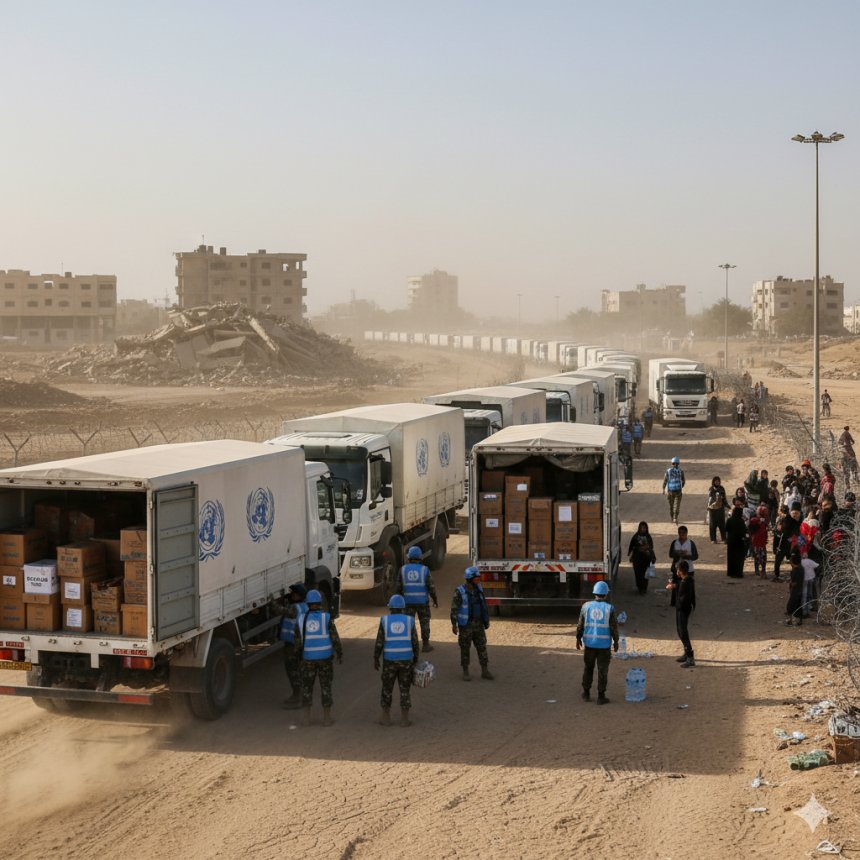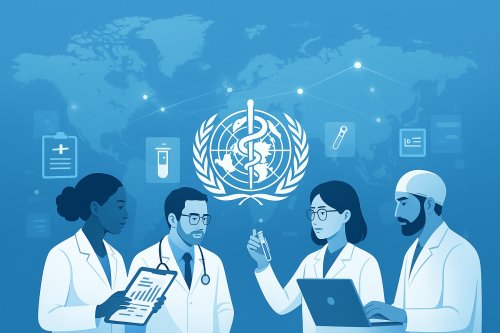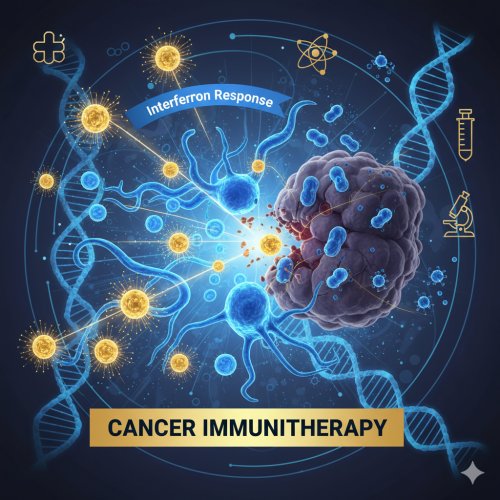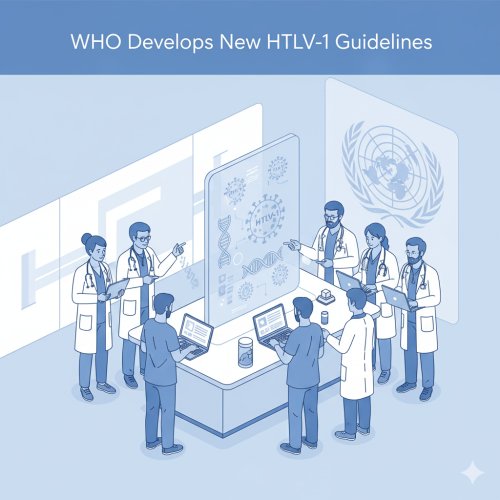UN to Surge Humanitarian and Medical Aid into Gaza as Ceasefire Nears: Effort Aims to Avert Worsening Famine
The United Nations plans to deliver hundreds of trucks of food and medical supplies to Gaza once the ceasefire begins, aiming to reach over 2 million people in need. With famine already affecting 500,000 Palestinians, the UN’s urgent mission seeks to prevent a deeper humanitarian disaster.

The United Nations announced plans to dramatically increase humanitarian assistance to Gaza once a new ceasefire agreement takes effect, expected within 24 hours after an Israeli government meeting on Thursday. The operation will open corridors for fleets of trucks carrying food, water, and essential medical supplies into Gaza — a region facing one of the world’s most severe humanitarian crises.
Tom Fletcher, the UN’s Under-Secretary-General for Humanitarian Affairs and Emergency Relief Coordinator, said, “We will aim to increase the pipeline of supplies to hundreds of trucks every day. We will scale up the provision of food across Gaza to reach 2.1 million people who need food aid and around 500,000 who require urgent nutrition.”
Fletcher emphasized that the UN’s top priority is to reverse famine conditions already gripping Gaza City and surrounding areas. “Famine must be reverted in areas where it has taken hold and prevented in others,” he said during a briefing.
According to the IPC global hunger monitor, more than half a million Palestinians are already facing famine, with conditions expected to worsen without immediate intervention. After months of severe restrictions on food and aid entry, Israel eased some controls in July, but the UN warns that current levels of aid are still far from sufficient.
The ceasefire deal will also include the release of hostages and a partial withdrawal of Israeli forces, allowing humanitarian agencies greater access to areas previously unreachable due to conflict. The UN stresses that the success of this operation depends on secure and sustained access for aid convoys and the restoration of basic law and order to facilitate distribution.
The upcoming humanitarian surge represents one of the largest relief efforts in Gaza’s history — a critical step in addressing starvation, malnutrition, and collapsing healthcare systems across the enclave.


















